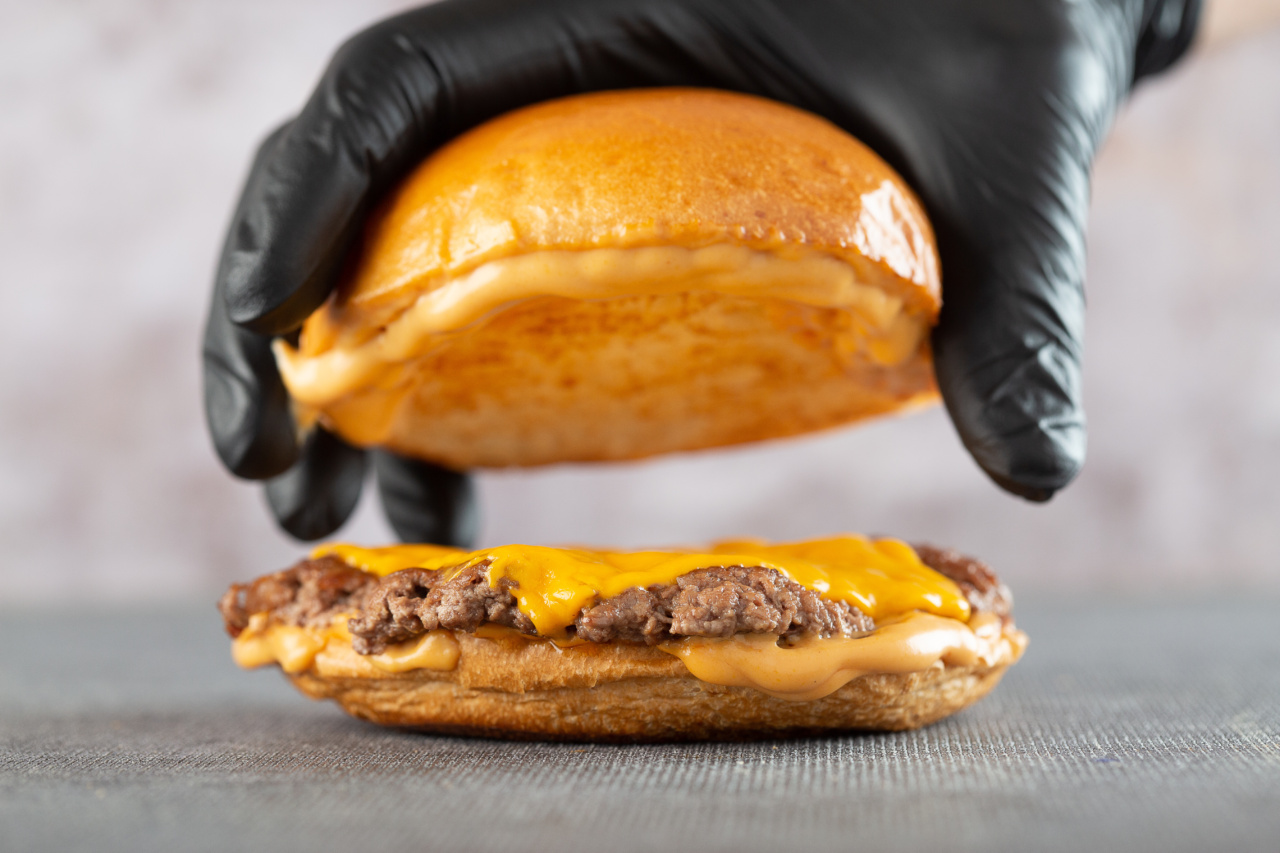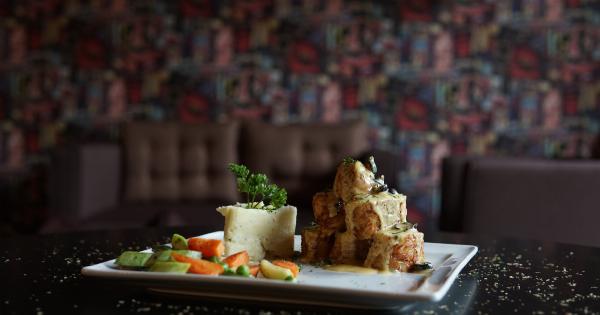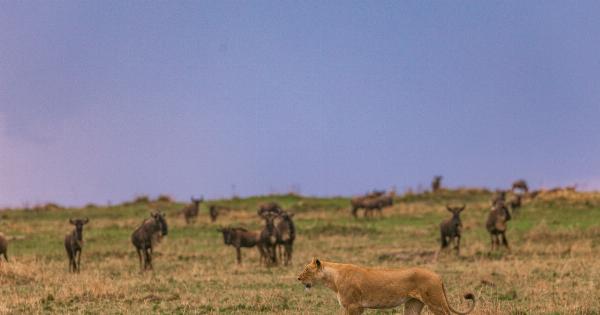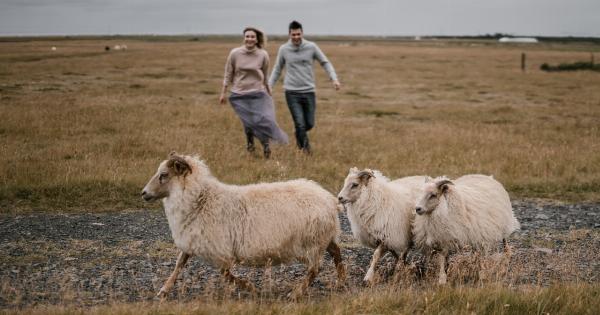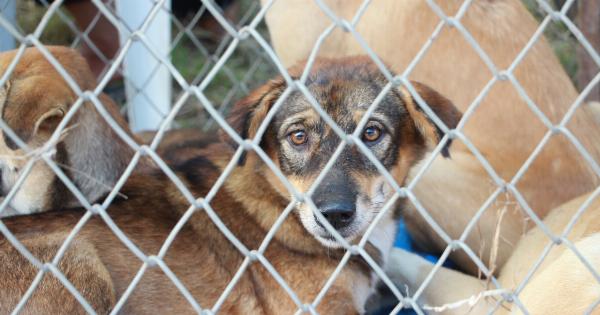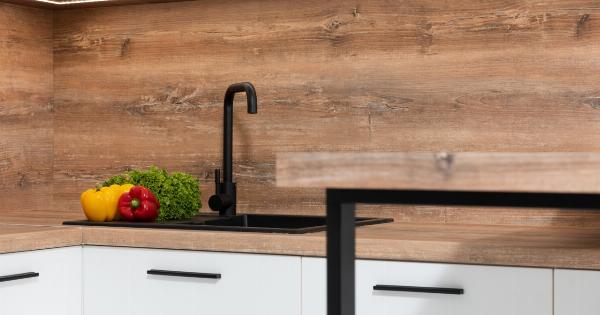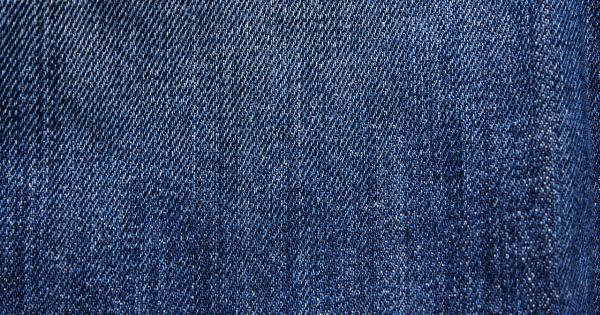Veal meat is considered a delicacy in many parts of the world. However, not many people know that veal meat has a considerable impact on the environment.
In this article, we’ll explore the reasons why veal meat isn’t as sustainable as you think.
What is Veal Meat?
Veal meat is obtained from young calves, usually less than 20 weeks old. These calves are raised for their meat and kept in small individual crates that restrict their movement. This method of farming is known as “veal crate farming.”.
Veal Crate Farming and its Environmental Impact
As mentioned earlier, veal crates are small enclosures that limit the calf’s movement. These enclosures are designed to prevent the calf from developing muscle tissue, as this produces tougher meat that is less desirable.
The lack of exercise also means that the calves don’t require much food, resulting in lower costs for the farmer. However, this method of farming has a significant impact on the environment.
Firstly, the calves are often fed milk replacers that have a higher environmental impact than natural cow’s milk. Milk replacers are created by combining whey and soy protein, which require a lot of energy to produce.
Secondly, the high demand for veal meat means that many calves are bred each year. This requires more land to house the animals and more food to feed them.
Animal Welfare Concerns
Veal crate farming is also known for its poor animal welfare standards. The confinement and lack of exercise can lead to muscle atrophy, making it difficult for the calves to stand or walk. This can result in physical deformities and chronic pain.
Moreover, the unnatural diet and high stress levels can lead to respiratory disease, diarrhea, and other health issues.
The veal industry is aware of these concerns and has made attempts to improve animal welfare. However, many animal welfare organizations still consider veal crate farming to be one of the cruelest forms of animal agriculture.
Environmental Alternatives
Thankfully, there are more environmentally-friendly alternatives to veal meat. One such alternative is grass-fed beef.
Animals that are raised on grass require less food to produce meat, and their grazing activity can help maintain the land’s ecological balance. Another alternative is plant-based products that mimic the taste and texture of meat. These products require significantly fewer resources than animal-based products and have a smaller carbon footprint.
The Bottom Line
Veal meat may be considered a delicacy, but the industry’s environmentally unfriendly and inhumane practices make it an unsustainable choice.
By choosing more environmentally-friendly alternatives, we can reduce the impact that animal agriculture has on our planet.
